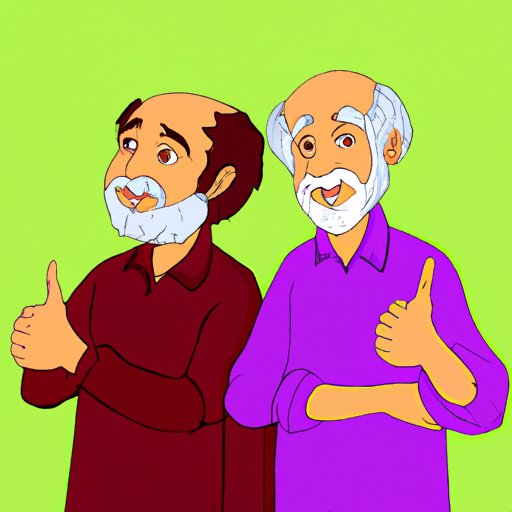Introduction
Have you ever wondered why white people are called “Caucasian”? The term has been used for centuries to describe people of European descent but remains a source of confusion and controversy. In this article, we’ll explore the origins and evolution of the term “Caucasian”, as well as its modern-day implications in discussions of race and ethnicity.
Historical Background
The term “Caucasian” originated in the late 18th century, when German anthropologist Johann Friedrich Blumenbach classified the human race into five categories based on physical characteristics. Blumenbach named one of these categories “Caucasian” to describe what he perceived as the “purest” form of the human race, based on his observation of skulls from the Caucasus region of Europe.
The term “Caucasian” gained popularity over time and was eventually used to describe people of European descent more broadly. This usage was fueled in part by colonialism and scientific racism, as European powers sought to classify and categorize the people they encountered in their conquests. “Caucasian” was seen as a way to elevate people of European descent above other racial groups.
Anthropological Context
Anthropologists have long debated the meaning and usefulness of race and ethnicity as categories of analysis. From an anthropological perspective, race and ethnicity are not fixed biological categories but are rather social constructs that shift over time and across cultures.
The term “Caucasian” has been used to classify various racial groups, but its validity as a scientific classification has been called into question. Some anthropologists argue that race classifications are arbitrary and based on flawed notions of human difference, while others contend that race is a useful tool for understanding social and cultural patterns.
Analysis of Modern-Day Usage
The term “Caucasian” is still widely used to describe white people today, both in academic and popular discourse. However, the term has also been criticized for its lack of accuracy and inclusivity. For example, people from the Middle East and North Africa, as well as those from Central Asia, may be classified as “Caucasian” even though they may not identify as white or European.
Some scholars have proposed alternative or additional terms to describe people of European descent. For example, historian Nell Irvin Painter has suggested using the term “European American” instead of “Caucasian”. Others have proposed using more specific terms, such as “white” or “Anglo-Saxon”, to describe people of European descent in a more accurate and nuanced way.
Racial Identity
The term “Caucasian” can have implications for white people’s sense of racial identity. Some white people may strongly identify with being “Caucasian” and see it as an important part of their heritage. Others may reject the term or feel uncomfortable with it, especially if they feel that it reinforces racism or exclusionary attitudes towards other groups.
Racial identity is a complex and multifaceted concept that is shaped by a variety of factors, including family background, social context, and personal experience. White people’s perceptions of their own race may differ from how others perceive them, and this can have important implications for how they move through the world and interact with others.
Cultural Implications
The use of the term “Caucasian” has important cultural implications, both in the United States and globally. In the United States, the term has been used historically to reinforce white supremacy and to exclude people of color from full citizenship and participation in society.
Globally, the use of the term “Caucasian” reflects broader attitudes towards race and ethnicity and the ways in which these concepts are constructed and understood. Discussions of race and ethnicity must take into account the diverse experiences and perspectives of all groups, rather than reinforcing outdated or exclusionary categories.
Conclusion
The term “Caucasian” has a complex and contested history that reflects broader attitudes towards race and ethnicity. While the term is still in use today, its limitations and inaccuracies have been well-documented. As discussions of race and ethnicity continue to evolve and mature, it’s important to approach these topics with sensitivity and nuance, taking into account the diverse experiences and perspectives of all people.
Overall, this article explored why White people are called Caucasian. We delved into the historical and anthropological context of this term, as well as its modern-day use and implications. We also discussed how being called “Caucasian” can impact a person’s sense of racial identity, and how the term reflects broader attitudes towards race and ethnicity. Through examining this topic, we can better understand the nuances of racial classification and work towards creating a more inclusive society.
